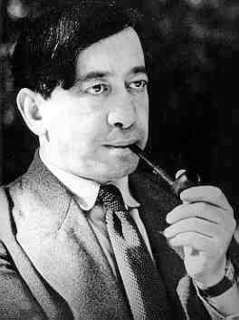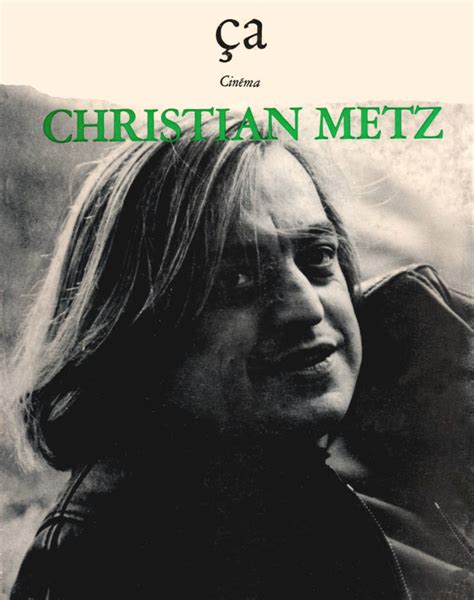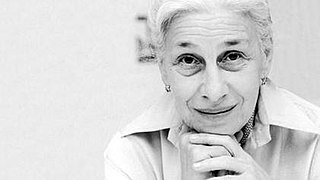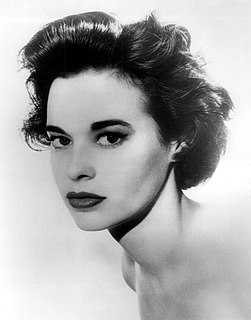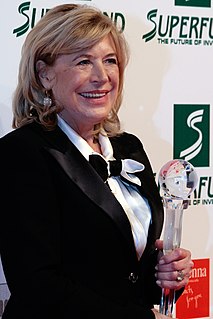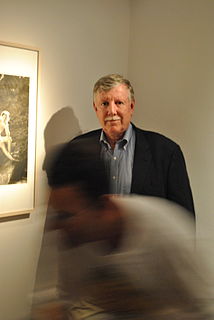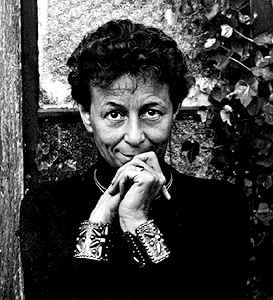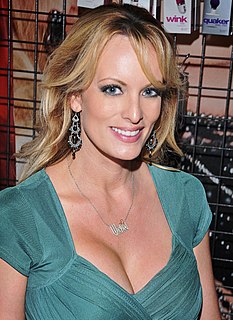A Quote by Marlene Dietrich
I have been photographed to death.
Quote Topics
Related Quotes
Photography is linked with death in many different ways. The most immediate and explicit is the social practice of keeping photographs in memory of loved beings who are no longer alive. But there is another real death which each of us undergoes every day, as each day we draw nearer to our own death. Even when the person photographed is still living, that moment when she or he was has forever vanished.
Rosencrantz: We might as well be dead. Do you think death could possibly be a boat? Guildenstern: No, no, no... Death is...not. Death isn't. You take my meaning. Death is the ultimate negative. Not-being. You can't not-be on a boat. Rosencrantz: I've frequently not been on boats. Guildenstern: No, no, no--what you've been is not on boats.
There is to me about this place a smell of rot, the smell of rot that ripe fruit makes. Nowhere, ever, have the hideous mechanics of birth and copulation and death -those monstrous upheavals of life that the Greeks call miasma, defilement- been so brutal or been painted up to look so pretty; have so many people put so much faith in lies and mutability and death death death.

